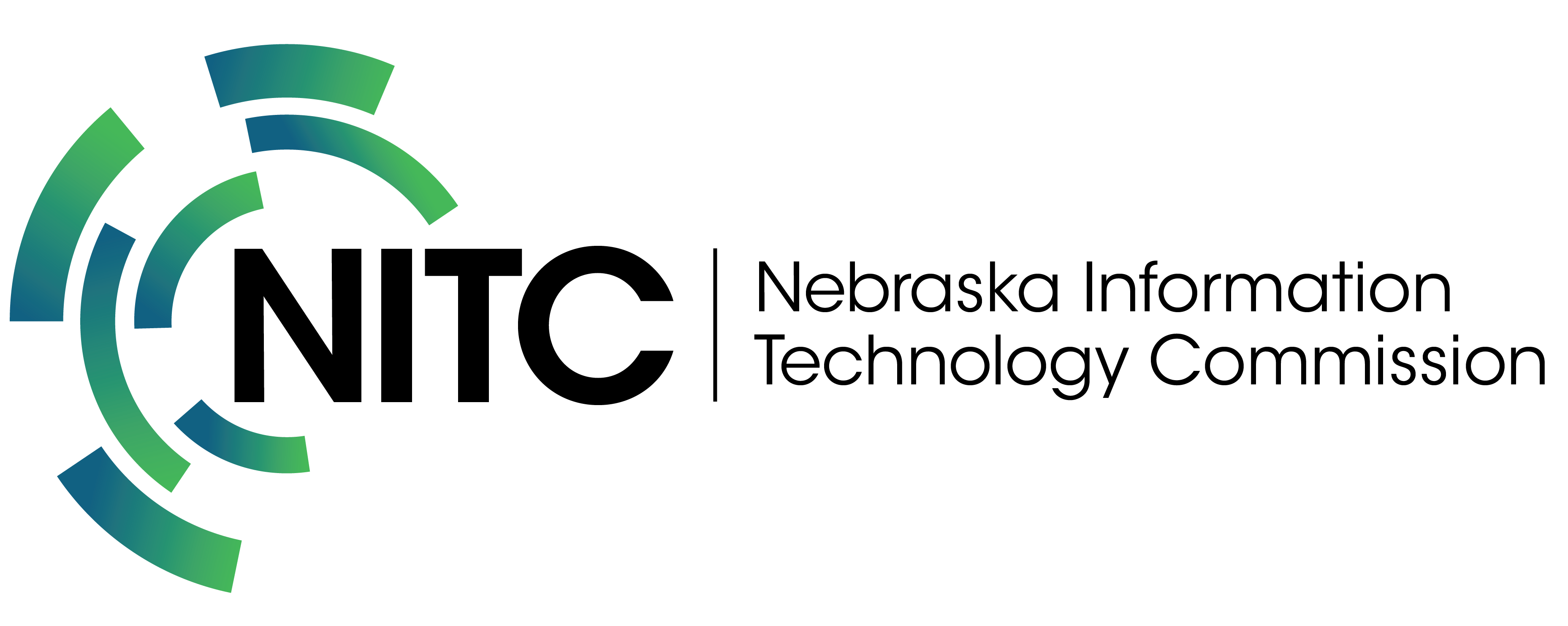Learning Management System Standards Workgroup
Purpose
Make recommendations to the Technical Panel and Distance Education Council on technical issues pertaining to the deployment and ongoing operations of the state's learning management system software and assist in developing standards and guidelines for approval by the Nebraska Information Technology Commission.
Scope & Boundaries
This work group will define the technical requirements and specifications and recommend standards and/or best practices related to the deployment of learning management systems across the State of Nebraska.
Learning management systems involve two major components; learning content management and storage and course management software and hardware.
Learning content management and storage includes, but may not be limited to, the following elements:
• Taxonomy system for storage, retrieval, and searching of learning content artifacts;
• Appropriate meta-tagging or metadata to profile each learning content artifact;
• Cataloguing and file type system for storage of learning content artifacts;
• Interoperability of the learning content management system with various course management systems;
• Determining a life cycle schedule for learning content artifacts;
• Assuring a reliable and scalable system for content storage which may include disaster recovery and business continuity principles;
• Graphical rating system of content artifacts with peer evaluation and review;
• Policies on academic freedom and copyright.
Course management software and hardware includes, but may not be limited to, the following elements:
• Platform-neutral, browser-friendly, and database-driven;
• Interoperability with other technologies (e.g. podcasting, streaming, etc)
• >Modular architecture;
• Identity management of students, instructors, administrators;
• Shibboleth compliance to establish trust relationships with other systems;
• Server reliability to be supported by UPS, security, data back-ups;
• Load balancing;
• Server deployment co-located with adequate technical support;
• Expandability and adaptability to support client modifications (e.g. building blocks, plug-ins);
• Unique instances of software;
• Data importing and exporting;
• Aggregated licensing strategies.
Goals & Outcomes
Conduct working sessions to determine the needs, issues, and potential participants of learning management system interoperability within and outside the state;
Encourage participants to improve educational opportunities in the state via the more effective use of learning management systems software;
Determine the support structures and augmentation needed to maximize the learning management system experience;
Identify or develop a "collaboration sponsor" for learning management systems in the state that will be the focal point to coordinate all of the activities associated with enhancement of services and interrelationships that will be critical for continued success;
Recommend standards and/or guidelines for provision of ongoing support services;
Recommend standards and/or guidelines to help ensure future interoperability and consistency between learning management systems across the State;
Recommend standards and/or guidelines to help guide the State in making cost-effective investments in learning management systems.
Authority
This work group will: Formulate and present recommendations to the Technical Panel regarding the implementation of a learning management system or systems serving K-12 education, with ap plicability to other education entities to be determined.
"79-1334 §(9) (The Distance Education Council shall): Administer learning management systems that are in compliance with any applicable standards of the commission either through the staff of the council or by delegation to an appropriate educational entity with the funding for such systems provided by participating educational entities..."

